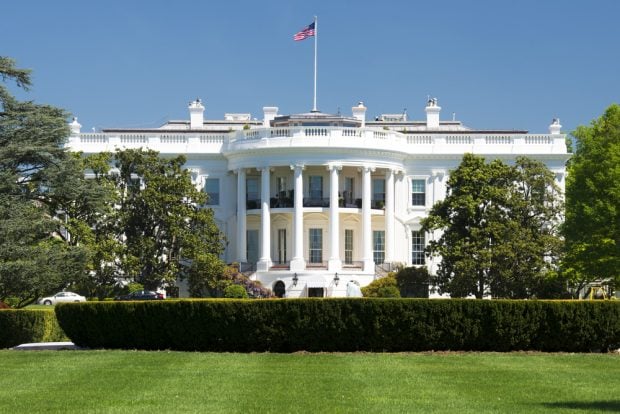 "If you're an administration, it makes sense. You want to control everything." Reaction to the OMB announcement, as the OMB directly serves the executive branch.
"If you're an administration, it makes sense. You want to control everything." Reaction to the OMB announcement, as the OMB directly serves the executive branch.
A new Trump Administration directive that subjects the NCUA's rules and guidance to Office of Management and Budget review represents improper interference in agency activities, four former NCUA board members said Monday.
Last week the OMB announced that beginning next month, all guidance and rules issued by independent agencies, such as the NCUA, CFPB and other financial regulators, must be submitted for review by the budget office. If the rules or guidance is deemed to be "major," it also will be required to be submitted to Congress under the Congressional Review Act.
Recommended For You
Congress then would have to decide whether to accept the rule. If Congress votes against it and the president signs the resolution, the agency is prohibited from issuing a similar rule.
NCUA officials have declined to comment on the new policy, saying they are still reviewing it.
However, former agency board members were not shy about condemning the policy.
"Personally, I think the independent financial regulatory agencies should be just that – independent – and not be subject to being politicized by either Congress or an executive administration," former NCUA Board Chairman Dennis Dollar told CU Times.
Former board Chairwoman Debbie Matz agreed.
"Undoubtedly it will undermine the independence of the regulatory agencies and could diminish their ability to respond expeditiously to situations requiring immediate attention," former board Chairwoman Debbie Matz said in an email to CU Times.
The rule could have a draconian impact on agencies that are supposed to be independent, former NCUA Chairman Michael Fryzel said.
"If implemented it will delay the regulatory process for months if not years," he said to CU Times. "In addition, with a no vote by Congress, an approved agency regulation could disappear forever. The memo appears to reduce the authority of independent agencies to implement rules they may feel necessary to regulate entities under their jurisdiction."
It all boils down to control, former NCUA board member Geoff Bacino told CU Times.
"If you're an administration, it makes sense," he said. "You want to control everything."
But Mitra Wilson, CUNA's senior director of advocacy and counsel, said it goes beyond mere control of agencies.
She said to CU Times that the new policy will force agencies to better evaluate the cost of rules and guidance.
"It's a good thing for the industry and it's a good thing for consumers," she said.
Supporters of the new OMB plan contend that it will help rein in regulators who they view as accountable to no one.
"Requiring more oversight of rules and [guidance] is a sensible and essential step for bringing more accountability into the regulatory process," said Wayne Crews, vice president of the conservative Competitive Enterprise Institute.
But Fryzel said that independent agencies already are accountable to the president because members of the boards that govern them are nominated by the president and confirmed by the Senate.
Some federal agency is likely to fight the new policy.
"Somebody's going to push back on it," Bacino said, adding that the battle would end up in court.
"I can't even begin to guess how much resistance this OMB memo will engender within the Executive Branch," said John McKechnie, senior partner at Total Spectrum. "There's a saying that 'personnel IS policy' and my guess is that individual officials within government will accept or reject it based on their political views."
NCUA officials will have to assess the impact of the new policy, Henry Meier, senior vice president and general counsel of the New York Credit Union Association, wrote on his blog this week.
"The NCUA board and its attorneys must determine if this order is effectively giving the White House power it does not have to delay or even refuse to submit proposed regulations to Congress," he wrote, cautioning that the evaluation was his own and does not represent the views of the association. "Even if the NCUA and other independent agencies question the legality of the guidance, they must still decide whether the issue is one worth getting into a fight with the Trump Administration."
© Touchpoint Markets, All Rights Reserved. Request academic re-use from www.copyright.com. All other uses, submit a request to [email protected]. For more inforrmation visit Asset & Logo Licensing.






